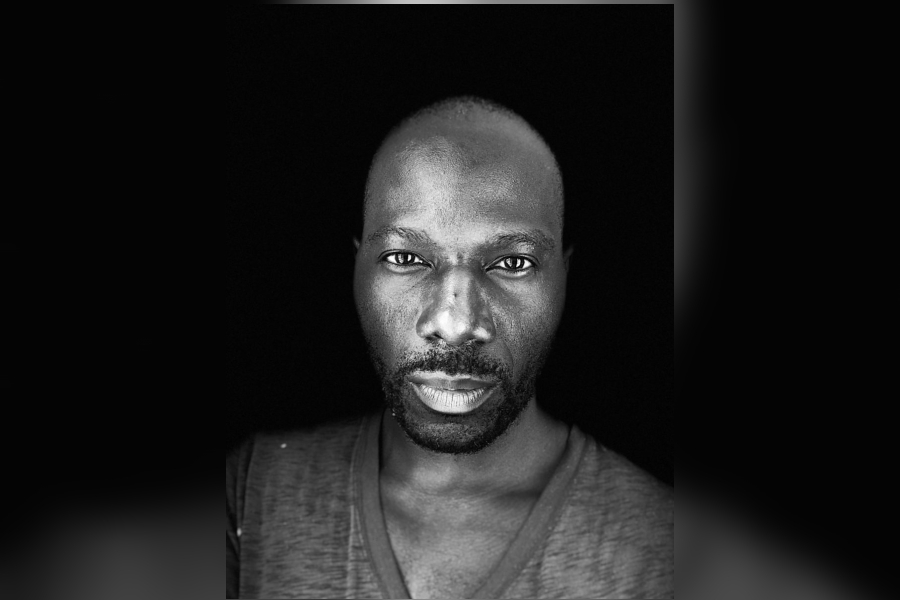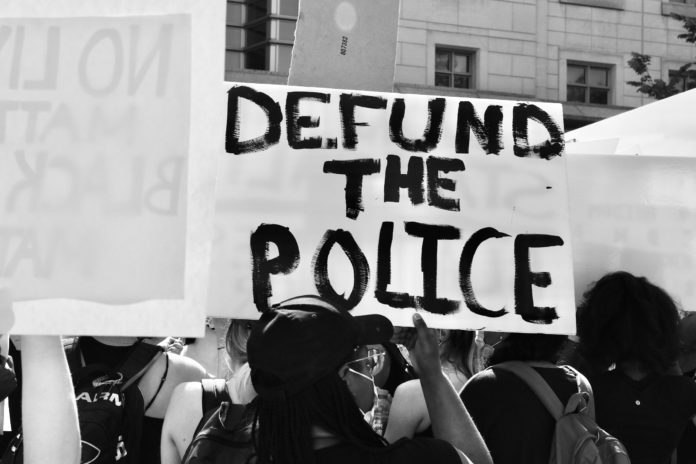A new course at St. Thomas University, inspired by the death of George Floyd in 2020, will explore what it means to “defund the police” and create an open dialogue about the topic.
Sulaimon Giwa, STU’s endowed chair of criminology and criminal justice, is teaching “Defunding the Police: Rhetoric vs. Reality” this year.
“I want to get students talking about this issue,” said Giwa. “Sometimes people gravitate towards what’s current without necessarily having the context … my role is to facilitate a conversation where people can actually ask questions frankly and openly, and also be open to their ideas being challenged.”
The course starts a conversation about what defunding the police means and lets students define the term themselves. Giwa said to some students, it means reallocating funds from the police to other branches, while for others, it means retasking the police.
“[Defining the movement] is the million-dollar question,” said Giwa. “I am trying to engage students in a critical discussion around defunding the police.”
Giwa’s course provides students with a space to share prior knowledge, ask questions and justify views. He said people from different communities and organizations will be invited to talk about the concerns of groups such as sex workers or the difference between police in rural and urban areas.

“What we are calling for is more nuanced conversations and engagement with different stakeholders [in society] that will be impacted by defunding the police,” he said.
Giwa said dynamics between Indigenous communities and the RCMP have been negative, an issue that unites Indigenous and Black communities in a phenomenon he calls “group formation.”
“That joined partnership helps amplify and substantiate some of the concerns that both groups are speaking to,” said Giwa.
As a topic that spans racism, colonialism, violence and politics, Giwa said it is hard to remain neutral, adding that students benefit from sharing their lived experiences, including his own, to justify their views.
“In a democracy, we need to create space for people to be able to have their opinions heard,” said Giwa. “We don’t need to accept them, but at least we need to lead them — they might actually be helpful to us for tweaking an idea we might already feel is perfect.”
Giwa said he believes that defunding the police can be broken down and discussed with people of any age. He enjoys the opportunity to engage students on these issues and help them thrive as critical thinkers.
“I think it’s our job as professors to facilitate [critical thinking] environments for students,” said Giwa. “Positions may not be well-informed, so it’s our responsibility to engage those students, allow them to elaborate and then have a meaningful conversation.”

